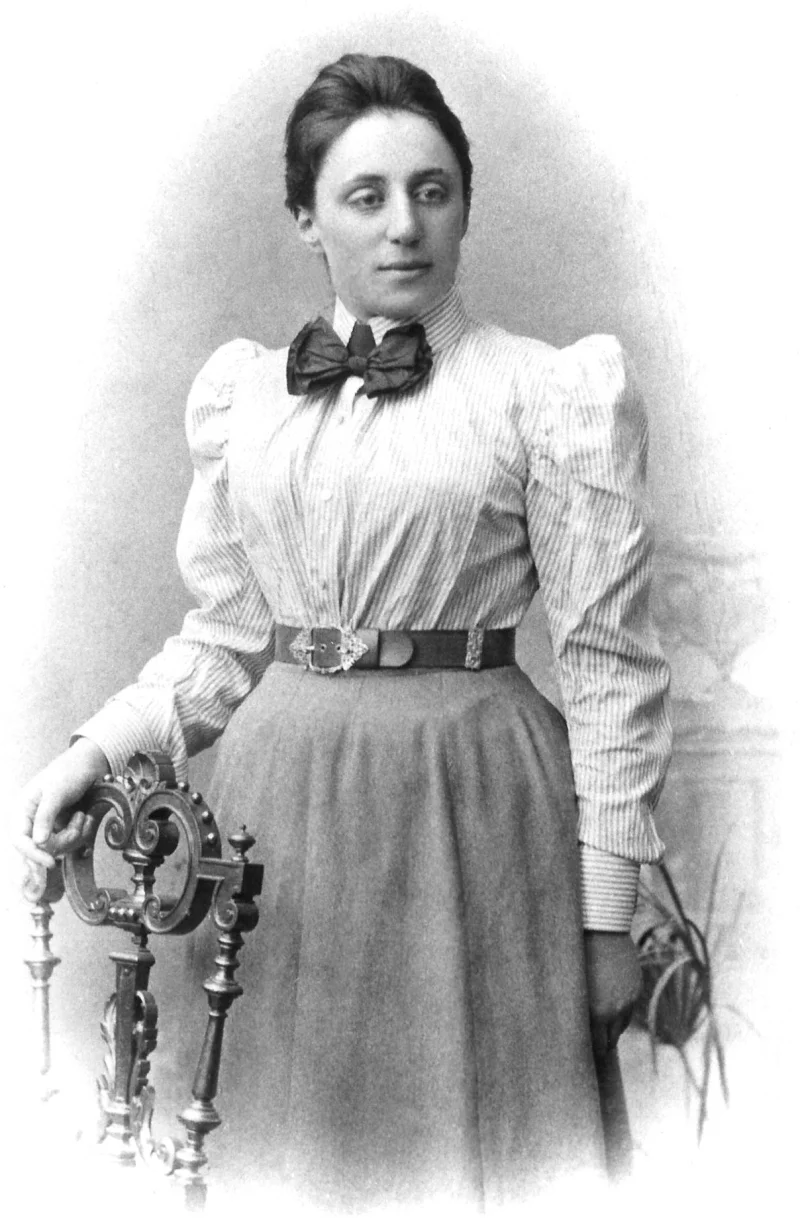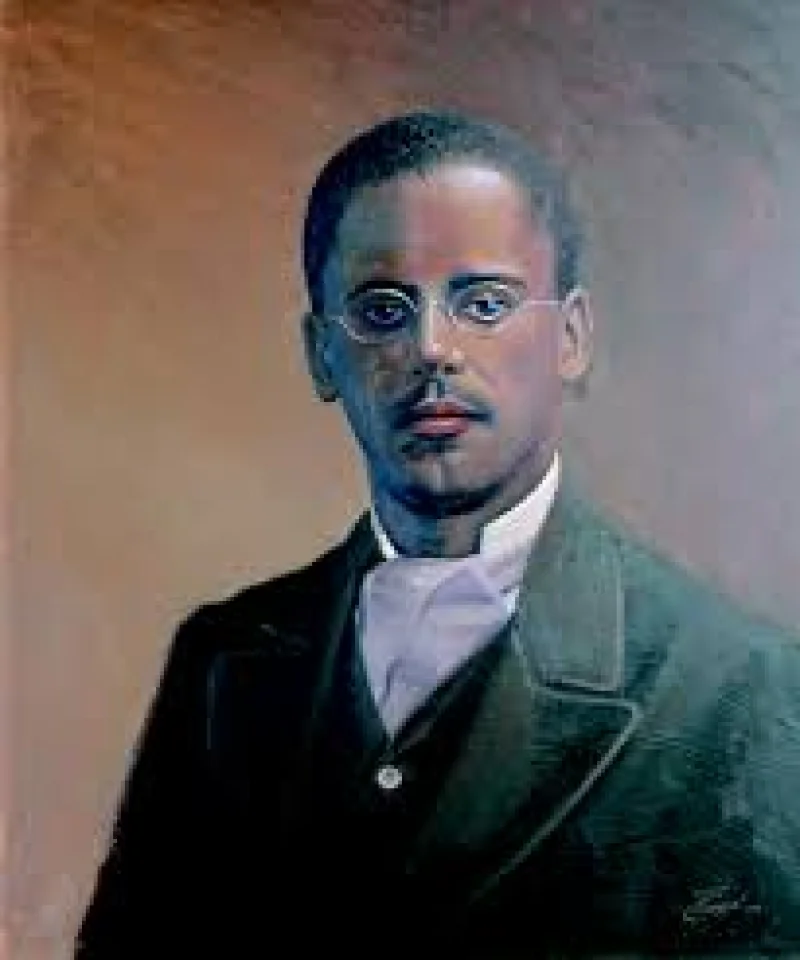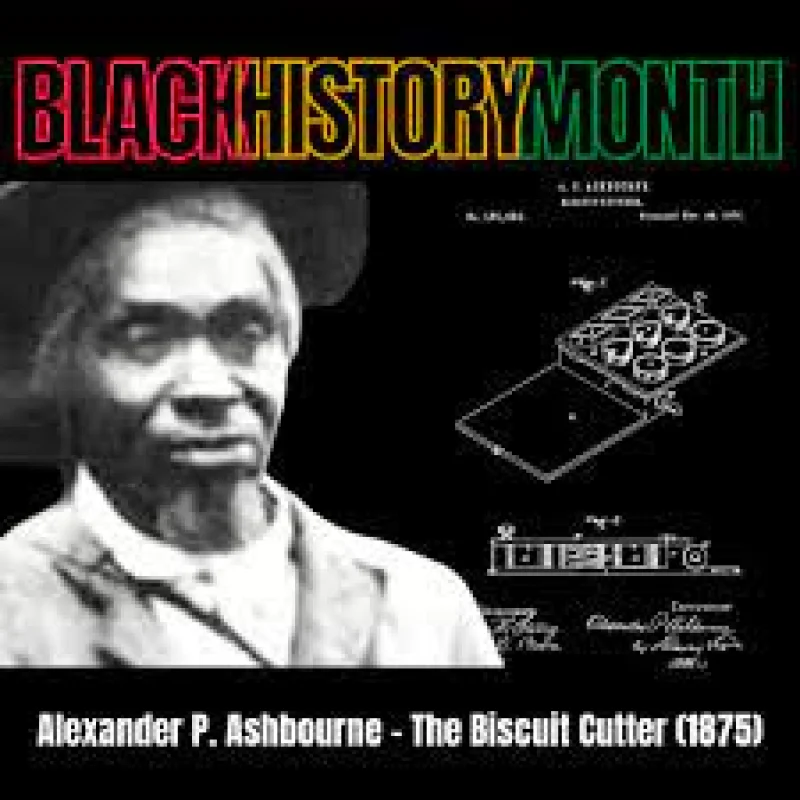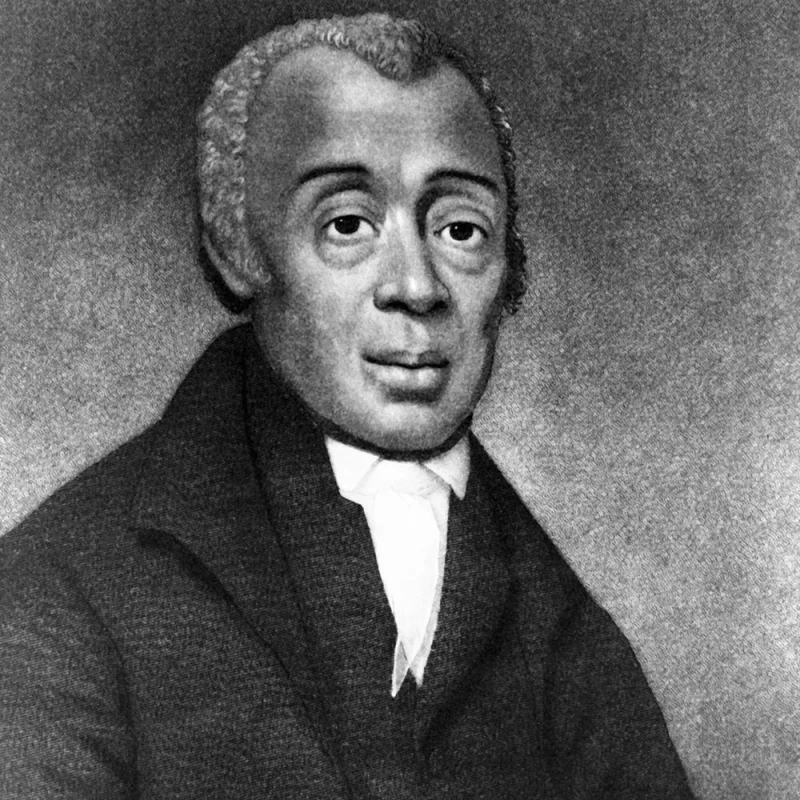Short Summary
Emmy Noether was a groundbreaking mathematician known for her profound contributions to abstract algebra and theoretical physics. Her work revolutionized the understanding of mathematical structures and symmetries in physics. She is most famous for Noether's Theorem, which links symmetries and conservation laws in physics. Despite facing significant gender barriers, her work has left a lasting legacy in both mathematics and physics.
Early Life & Education
Emmy Noether was born on March 23, 1882, in Erlangen, Germany, into a Jewish family. Her father, Max Noether, was a prominent mathematician, which influenced her early interest in the subject. Initially, she planned to teach French and English, but her passion for mathematics led her to pursue it academically. She attended the University of Erlangen, where she was one of only two female students. Noether faced numerous obstacles due to her gender but persevered, earning her doctoral degree in 1907 with a dissertation on algebraic invariants.
Career Highlights
Emmy Noether's career began at the University of Erlangen, where she worked without pay due to restrictions on female academics. In 1915, she joined the University of Göttingen, where she collaborated with leading mathematicians like David Hilbert and Felix Klein. Her work during this period culminated in the formulation of Noether's Theorem. In 1933, due to the rise of the Nazi regime, she emigrated to the United States and taught at Bryn Mawr College until her death in 1935. Her teachings and research significantly advanced the fields of algebra and theoretical physics.
Major Achievements
- Noether's Theorem: Established a fundamental connection between symmetries and conservation laws in physics.
- Abstract Algebra: Developed groundbreaking work in ring theory, group theory, and field theory.
- Emmy Noether's Ideal Theory: Advanced the understanding of polynomial ideals in algebra.
Famous Quotes
- "If one proves the equality of two numbers a and b by showing first that a ≤ b and then that b ≤ a, it is unfair to one of them."
Interesting Facts
- Emmy Noether was initially denied the right to lecture under her own name at the University of Göttingen.
- Albert Einstein praised her as one of the most significant creative mathematical geniuses of her time.
- Despite her achievements, Noether often worked without proper recognition or compensation.
Legacy / Influence
Emmy Noether's work has had a profound impact on both mathematics and physics. Her contributions to algebra laid the groundwork for future developments in the field, while Noether's Theorem remains a cornerstone in theoretical physics, underpinning modern understandings of the universe. Her legacy continues to inspire mathematicians and physicists, and she is often cited as a pioneering figure for women in science.
FAQ
Q: Why is Emmy Noether famous?
A: She is famous for her groundbreaking work in abstract algebra and Noether's Theorem, which links symmetries and conservation laws in physics.
Q: What challenges did Emmy Noether face?
A: She faced significant gender-based discrimination, which limited her academic opportunities and recognition during her lifetime.
Q: Where did Emmy Noether teach in the United States?
A: She taught at Bryn Mawr College after emigrating from Germany in 1933.












